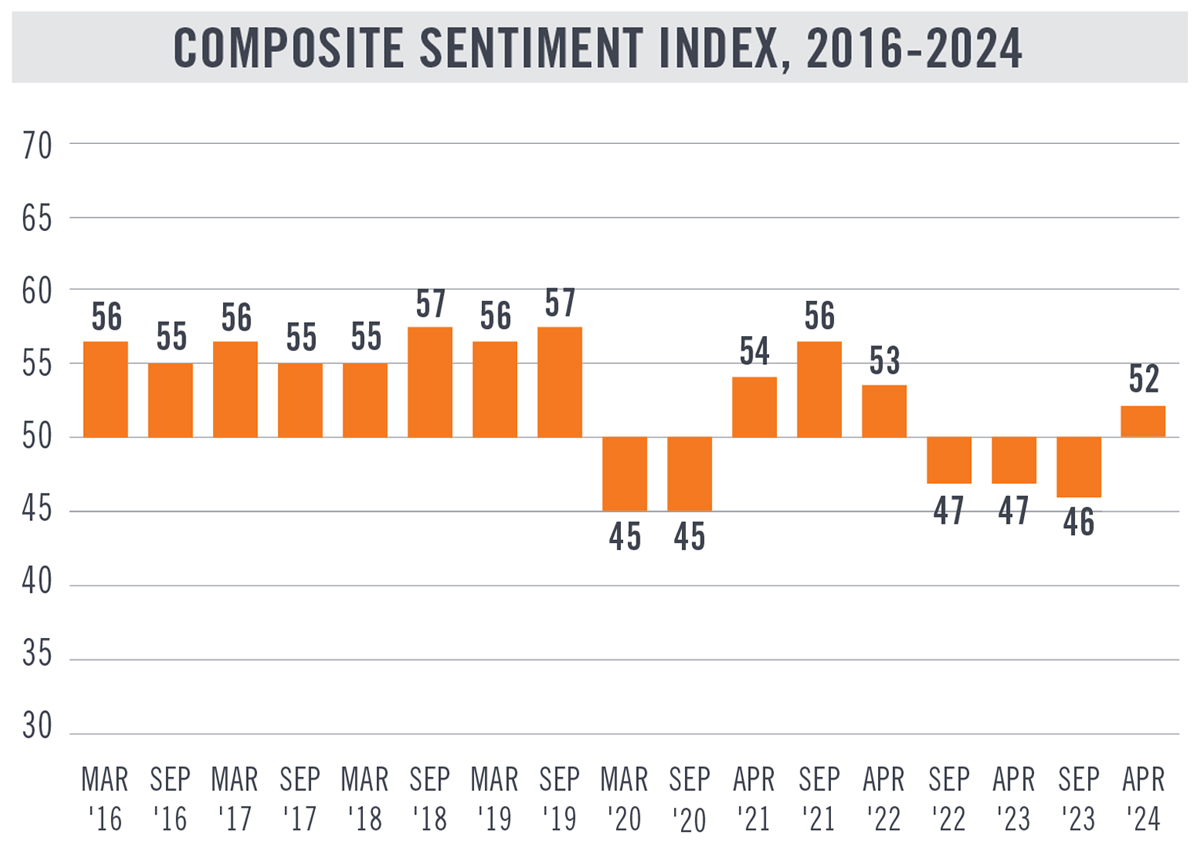Economy Watch: A Trillion Has Twelve Zeroes
Congress actually may be paying attention to the beleaguered commercial real estate industry, with many members sending a letter to the Fed and the Treasury asking those agencies to pay attention as well.
February 2, 2010
By Dees Stribling, Contributing Editor
President Obama’s proposed fiscal 2011 budget is receiving attention for the number of zeroes describing the deficit, but lesser-known parts of it might be of more immediate interest to commercial real estate–especially the provisions that would raise taxes on so-called carried interest. The proposal is that managers in investment partnerships such as hedge funds and venture-capital funds should have their share of the profits–their “carried interest”–taxed as ordinary income, at rates of up to 35 percent, instead of the current capital gains rate of 15 percent.
This has been suggested before, and one of the questions last time around was “does this apply to real estate investment partnerships too?” Previously yes was the apparent answer, and the commercial real estate industry fought the idea fiercely, as did hedge-fund managers, and won.
This time around, President Obama’s tax wonks have written the budget proposal so that it exempts real estate partnerships from the carried interest increases. Commercial real estate ought to be glad about that, but equally mindful of the fact that Congress passes budgets, and that dreaded increase–as if the industry didn’t already have enough to worry about–might find its way back in somehow.
Congress Warns Fed on CRE
Then again, Congress may actually be paying attention to the beleaguered commercial real estate industry. A good many members sent a letter on Monday to the Federal Reserve and the U.S. Department of the Treasury asking those agencies to pay attention too. The letter was signed by 79 House members, including–mirabile dictu–both Democrats and Republicans, led Rep. Paul E. Kanjorski, (D.-Pa.), and Rep. Ken Calvert, (R-Calif.).
“The Treasury and the Federal Reserve now must take needed and urgent action to stave off a potentially devastating wave of commercial real estate foreclosures and bank losses,” Kanjorski said in a statement regarding the letter.
Essentially the Congressmen are urging the federal government to lean on lenders to allow refinancing even if new-normal strict underwriting standards don’t quite allow it. The strategy might work–it seems to be working informally for now–but only for those properties whose rent rolls and other income are able to carry the note. Sometimes underwater is just too far underwater.
FHA Changes Anti-Flipping Rule
Beginning on Monday, the Federal Housing Administration is waving its rule (for a year) against providing FHA-insured mortgages on houses that are resold after less than three months. The original rationale for the rule was to prevent flippers from reselling homes to uninformed buyers at vastly inflated prices–a rule that seems as useful these days as screen doors on a submarine.
Now flippers are being welcomed back into the game, sort of. Their participation might help move some of the housing inventory in markets bloated by foreclosures, which is most of them but especially in Nevada, California, Arizona and Florida. But there certain restrictions to make sure the waiver isn’t abused, such as requiring all transactions to be “arms-length” (no selling the house to your cousin Vern).
Wall Street bounced back a bit on Monday, projected budget deficit or not. The Dow Jones Industrial Average rose 118.2 points, or 1.17 percent, while the S&P 500 gained 1.43 percent and the Nasdaq advanced 1.11 percent.








You must be logged in to post a comment.